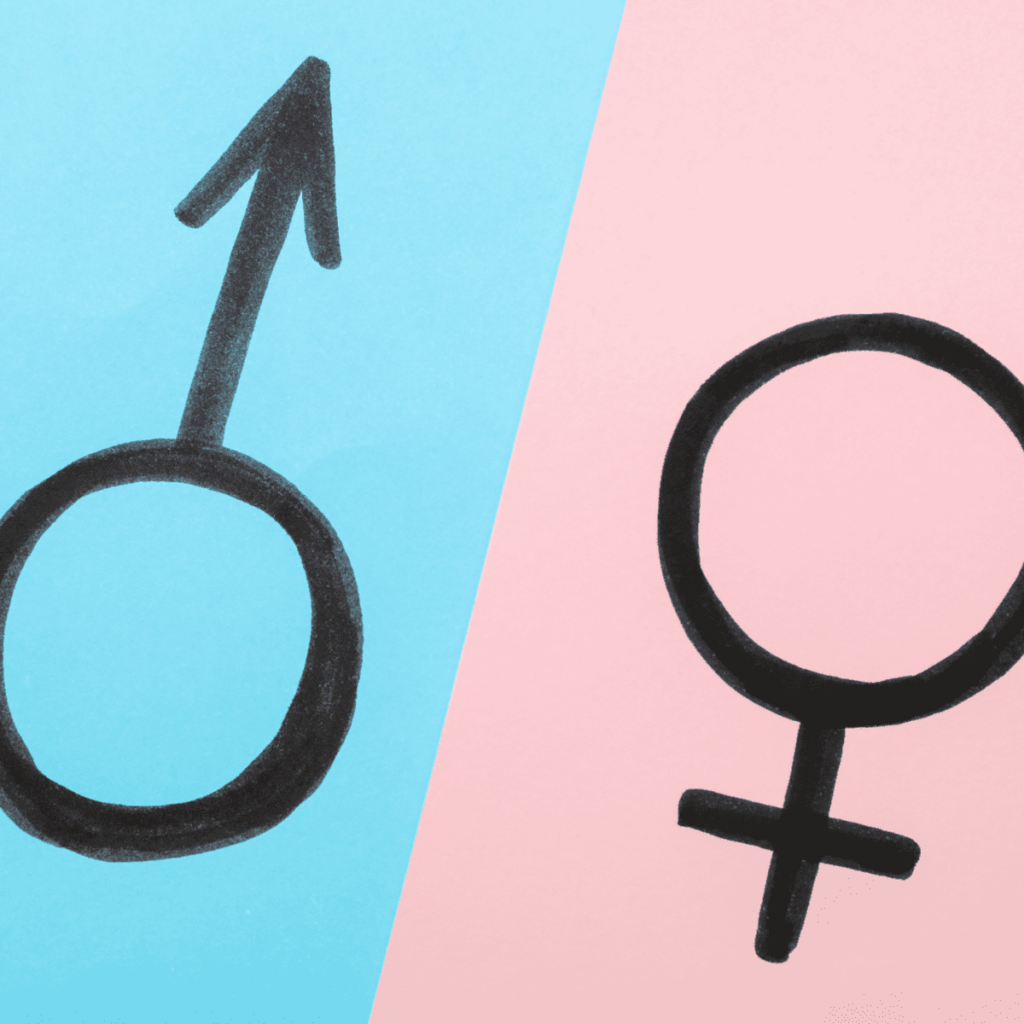Biological sex and gender

There is a general tendency in Western societies today to cancel out the differences between men and women, presenting male and female as a cultural construct, depending upon the subjective mindset of each person. This development may be seen as alienation from nature as well as from Christianity in that we have lost much of our connection to both: individualization and secularization have long been on the agenda.
To any biologist, Christian or not, denying the concept of biological sex seems to be based on a lack of knowledge about nature and evolution. Sex in humans is determined biologically, and men and women are different regarding chromosomes, gonads (which produce the gametes and sex hormones), relative levels of sex hormones, internal reproductive organs, external genitals, and to some degree also brain anatomy and behavior – all these differences refer to distinct and complementary roles for members of our species in relation to a reproductive purpose.
People may reflect minor biological variations regarding male- and femaleness. Also, intersex refers to disorders of sexual development that do not fit typical binary notions of male or female bodies. The prevalence of intersex is only about 0,018 percent of babies being born, but the point is that it is a medical condition, not an identity or a third sex.
Of course, cultural and psychological characteristics or expectations may be associated with biological sex, and that is why the word gender has been invented, which must not be confused with biological sex. The distinction between the two terms may be interpreted correctly. However, the problem is that the gender ideology proposes that an individual’s awareness of being male or female may not be aligned with the person’s biological sex, and in cases of incongruence, the claim is made that gender identity predominates, invalidating the fact of the biological sex.
So, if a young girl feels anguish over her body, the physicians should not help her adjust to her body but should change her body, name, bathroom, and pronouns – to conform to her ‘gender identity.’ The gender ideology claims that biological sex categories are mere conventions, not facts. By so doing, it has denied science, opened the floodgates to ‘alternative truths’, undermined the family, and caused many young people irreparable damage.